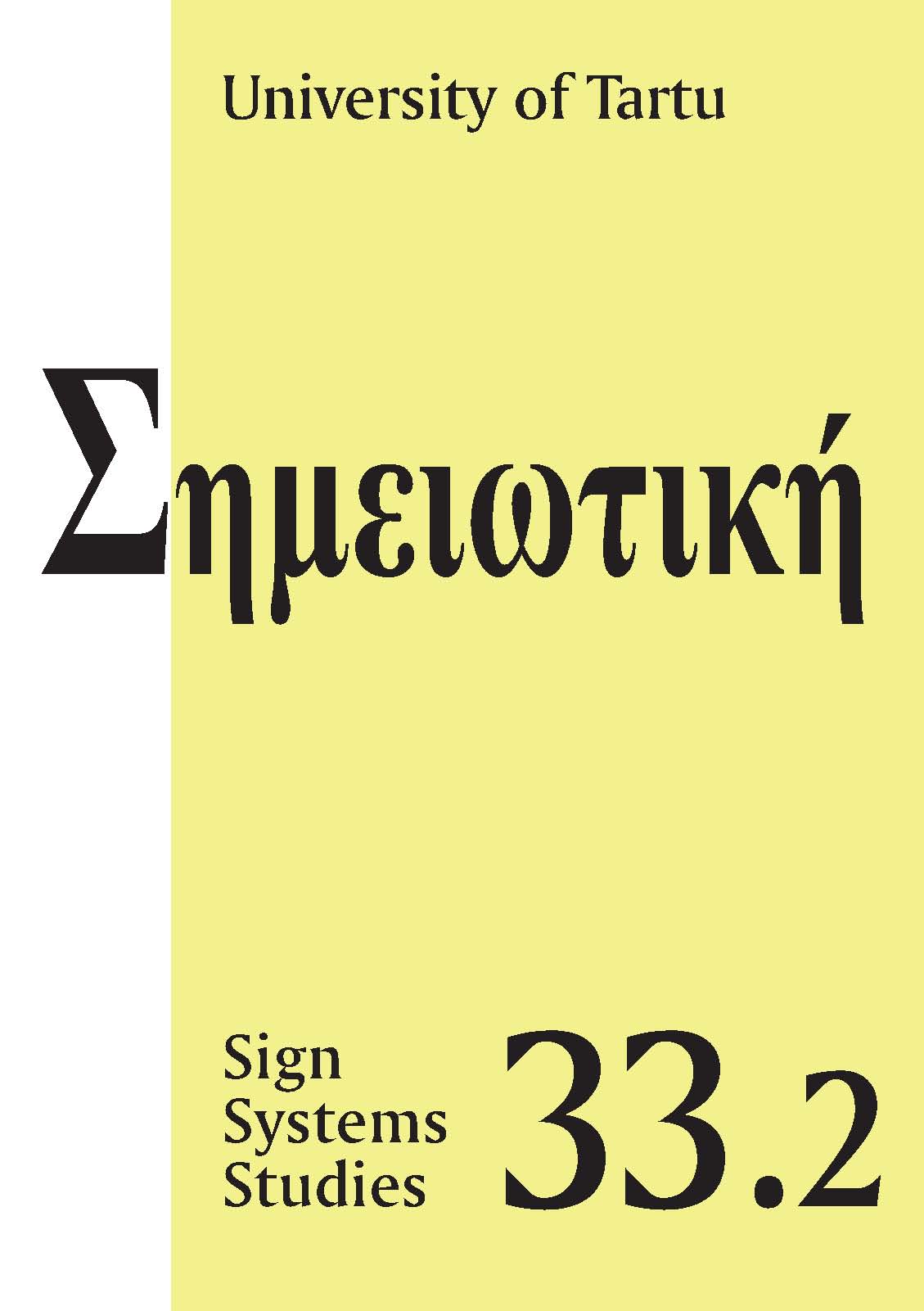Redefining national identity by playing with classics
DOI:
https://doi.org/10.12697/SSS.2005.33.2.07Abstract
National identities are to a great extent based on common mythical stories (re)produced by literature and arts; in the long run, the core texts of literature themselves start to function as cultural myths. Performing classical works theatre relates them to the changing social context and thus actualises their meaning. Theatrical representations of national characters and mythical stories participate in reinforcing or redefining national identity. In independent Estonia of the 1990s–2000s the need for reconsidering national values and myths that served to consolidate society in the Soviet period, has become evident. The article focuses on theatrical productions in the turn of the century, which are based on active rewriting of well-known Estonian classics (August Kitzberg, Oskar Luts, and the national epic Kalevipoeg). The article tries to answer two questions: how ingredients of national identity (for instance, the relation to the Other) are displayed and (de)constructed by adapting or rewriting of above-mentioned classics; how textual strategies aimed at semantic transformations are motivated and shaped by the principle of self-reflexive theatrical play.


